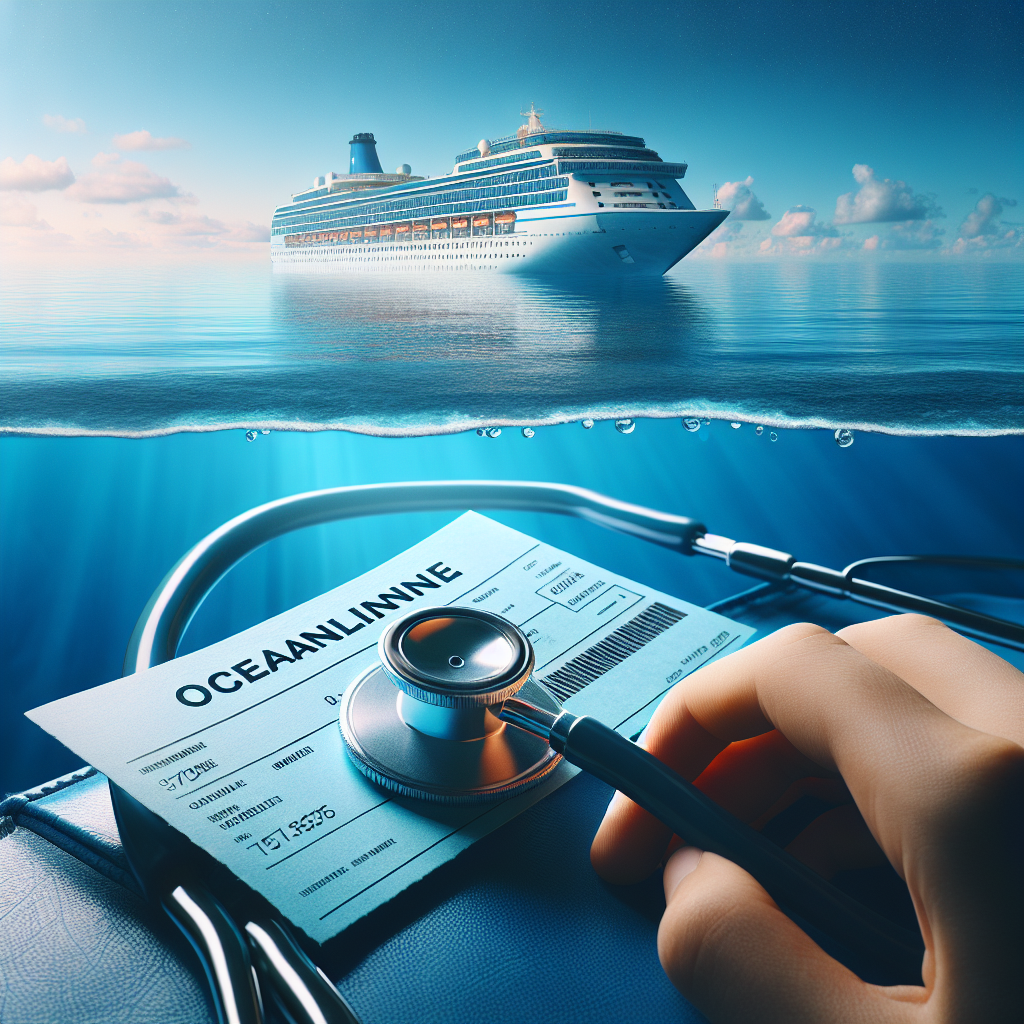A record 34.7 million people are expected to go on a cruise in 2024, according to the Cruise Lines International Association (CLIA). However, without caution, some may face significant medical bills.
It’s crucial for cruise-goers to thoroughly review their cruise line’s terms, particularly regarding medical care.
In extreme cases, such oversight can be costly, as experienced by Vincent Wasney. Uninsured at the time, Wasney and his wife went on a cruise in December 2022. After suffering several seizures, he had to be evacuated to land. As he was leaving, he was presented with a $2,500 bill for onboard medical services.
Royal Caribbean, the cruise line Wasney traveled with, requires guests to settle all onboard costs before disembarking. Even insured passengers could face high medical bills since most cruise ships don’t accept health insurance.
Here is what you need to know about medical care on cruise ships:
Common Health Concerns on a Cruise:
Medical staff on cruise ships handle issues similar to those seen in emergency departments and urgent care centers on land, according to Joe Scott, chair of the cruise ship medicine section of the American College of Emergency Physicians (ACEP). Common issues include chest pain, abdominal pain, fever, injuries, and mental health problems. The U.S. Centers for Disease Control and Prevention (CDC) warns that ship environments can facilitate the spread of diseases.
Cruise Ship Medical Capabilities:
All oceangoing cruises that are CLIA members must meet medical facility guidelines set by ACEP. These guidelines require “at least one qualified medical professional available 24/7,” and facilities must include an examination room, an intensive care room, and equipment for lab tests, monitoring, and medication administration.
Why Health Insurance Isn’t Accepted:
Cruise ships often do not accept health insurance due to the complexity of dealing with various international insurance plans. Instead, they require payment of all charges on board to minimize administrative burden. Guests are typically encouraged to seek reimbursement upon returning home. However, coverage varies greatly and Medicare, for instance, does not cover healthcare services obtained more than 6 hours away from a U.S. port.
Choosing a Travel Insurance Plan:
Travelers are advised to purchase travel insurance that covers medical expenses. Premiums can vary, but in an emergency, they can save travelers significant amounts. Plans should cover existing medical conditions and the destinations visited. Adequate medical evacuation coverage is also crucial since cruise ships may visit remote areas. Air medical evacuations can be extremely costly, ranging from $20,000 to over $100,000 depending on the location.
Preventative Actions:
Passengers should bring extra medication, a list of prescriptions, medical issues, and doctors’ contact information. Regular hand washing, staying hydrated, and understanding personal limits are also recommended.
For instance, while climbing steps in Santorini may seem exciting, it’s important to consider physical fitness and acclimation to heat to avoid overexertion.
